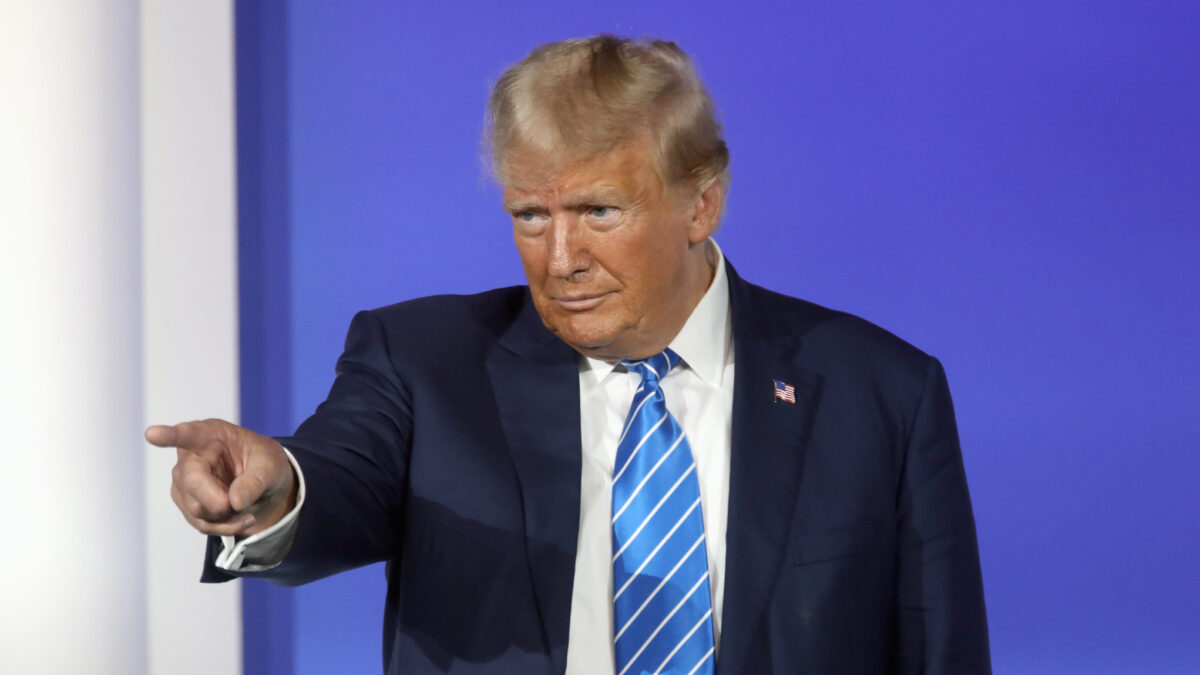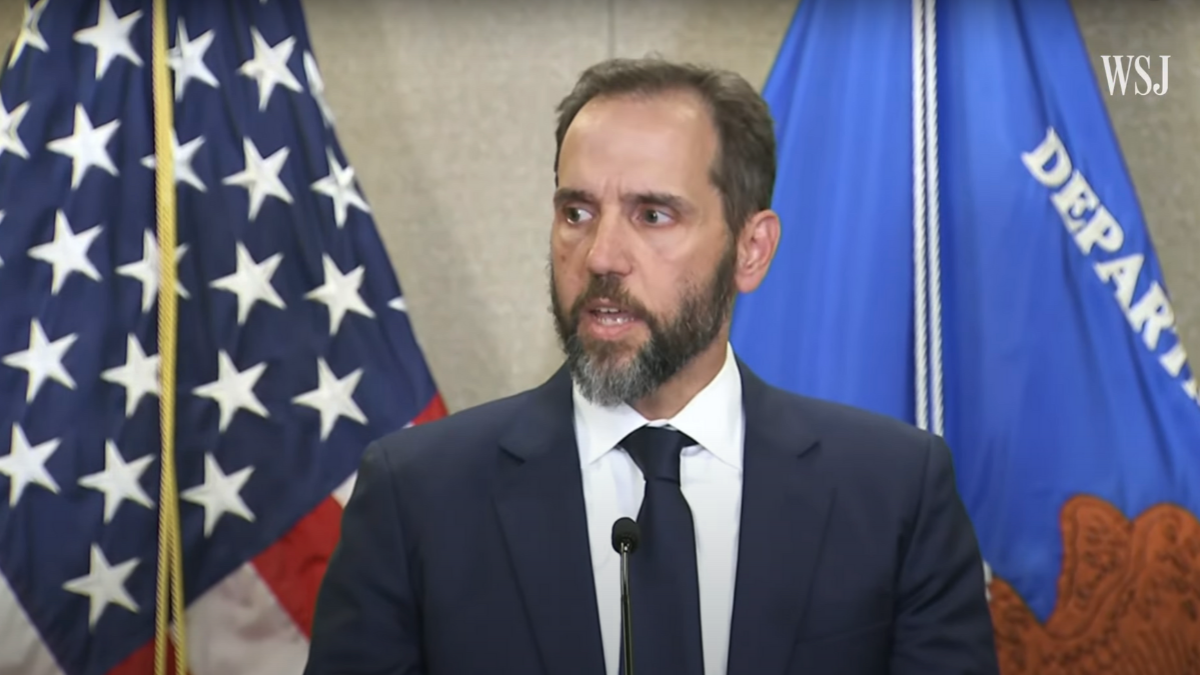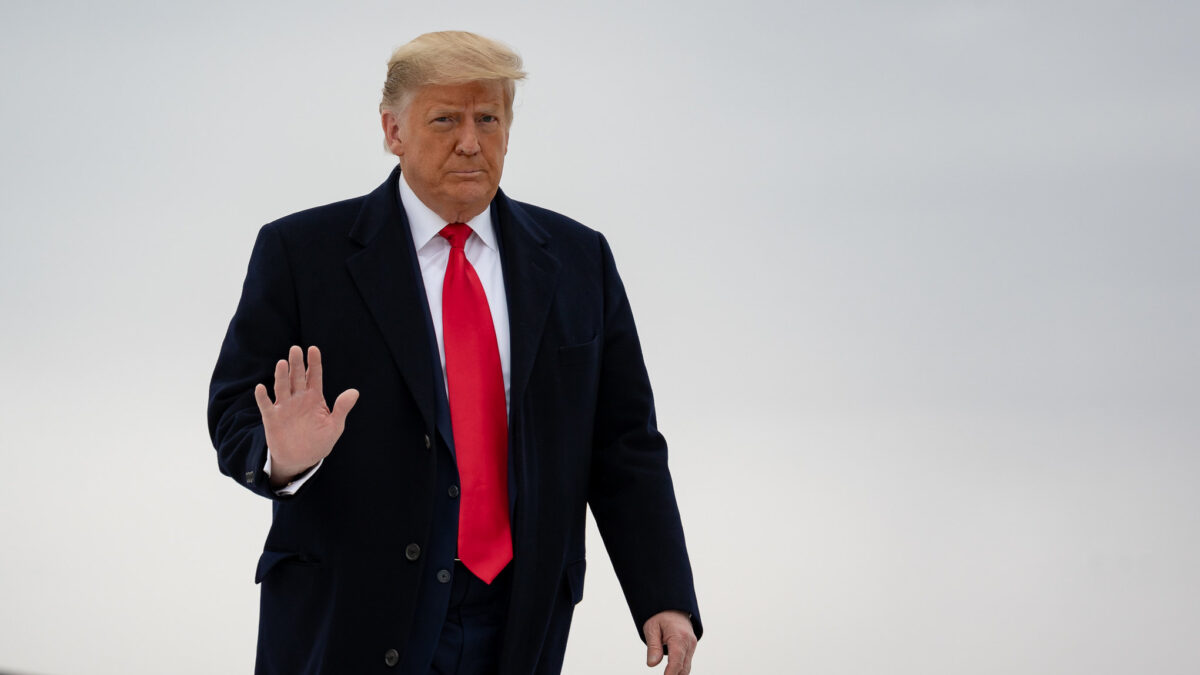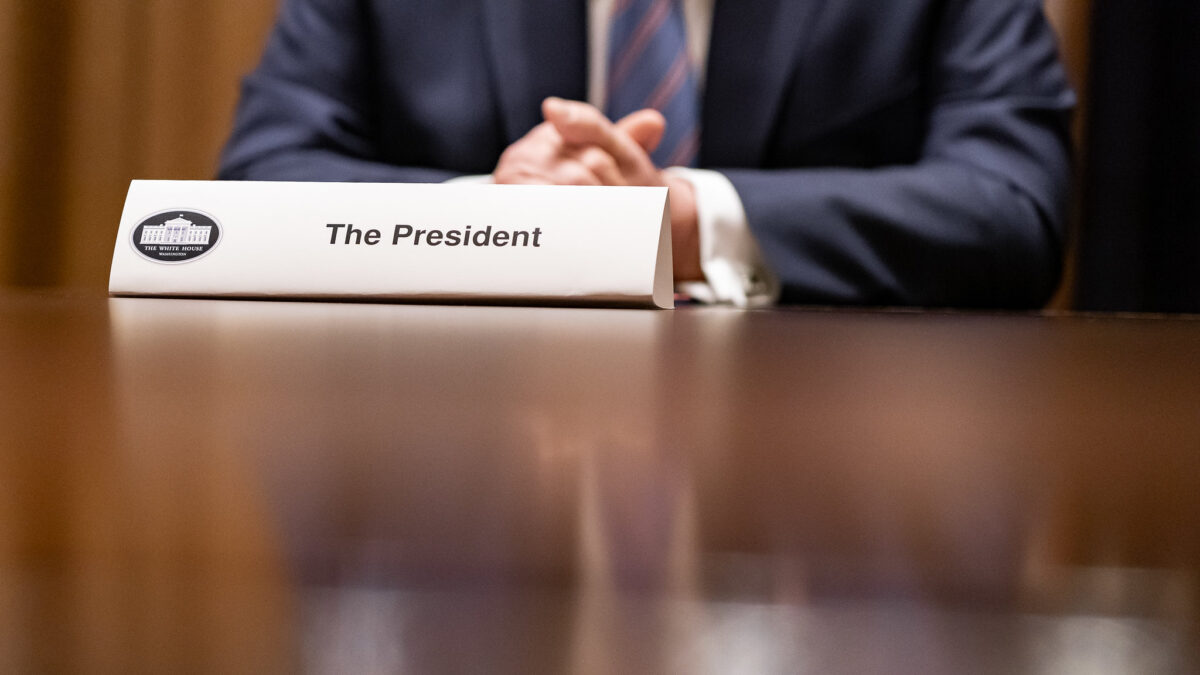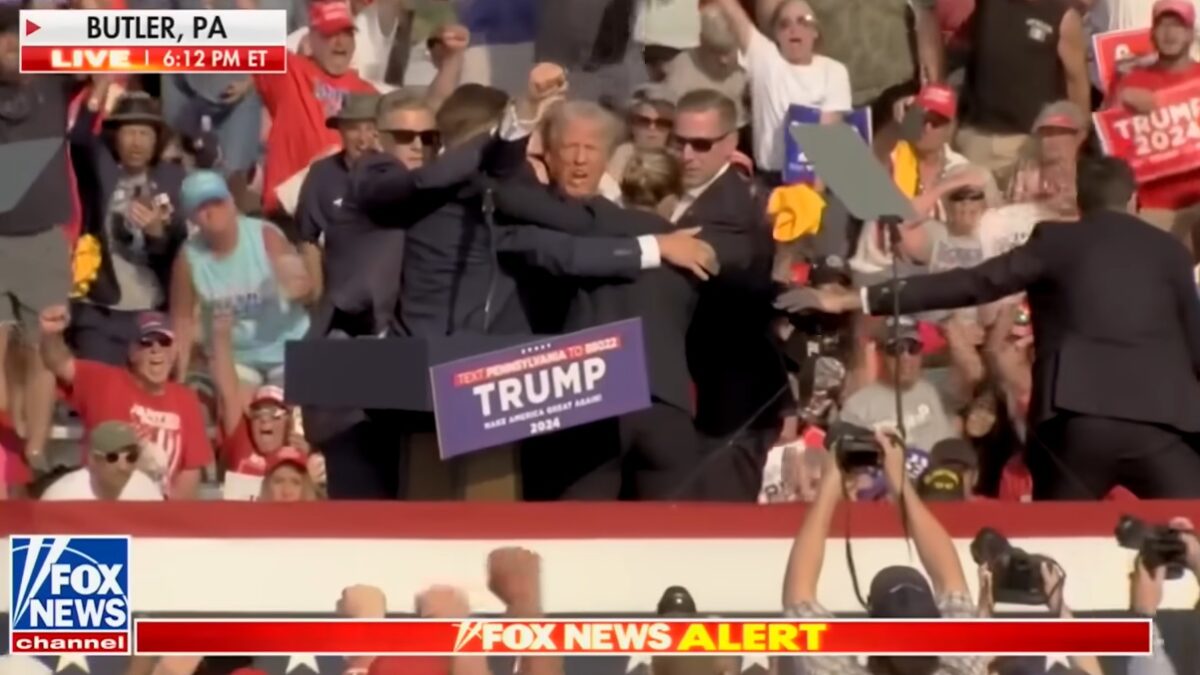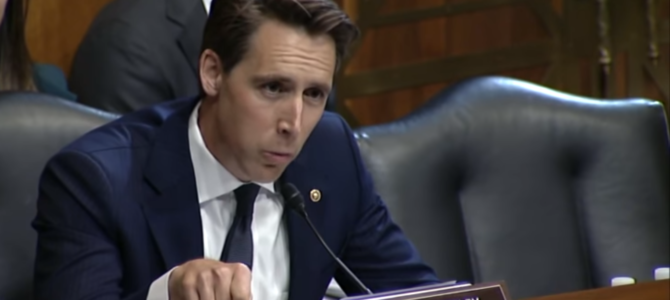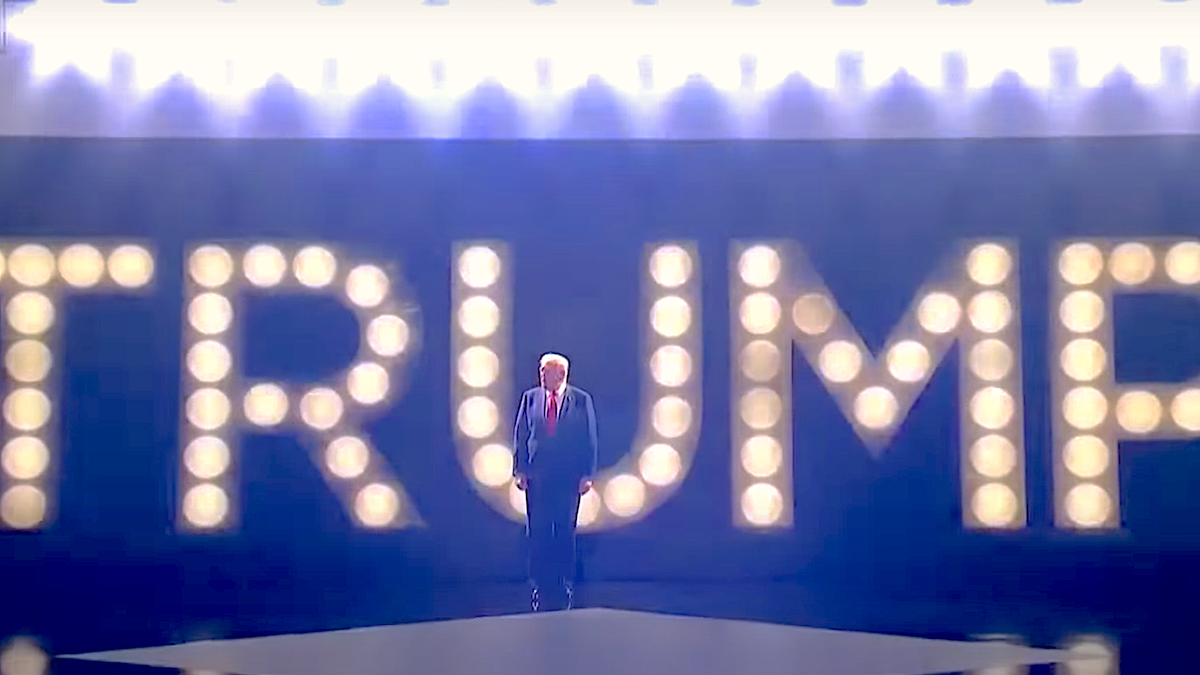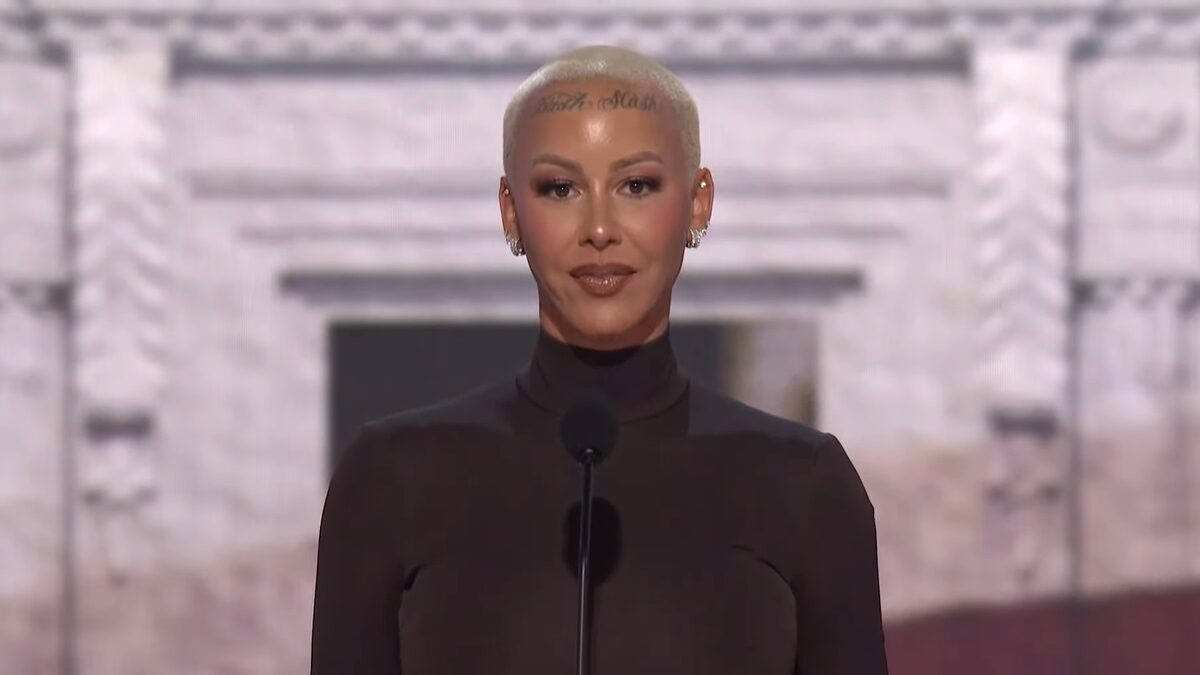The Biden Department of Justice’s (DOJ) lawfare against former President Donald Trump hit a massive roadblock Monday after the Supreme Court ruled 6-3 that presidents have “absolute immunity” for “actions within his conclusive and preclusive constitutional authority” and “at least presumptive immunity” for all “official acts.” The high court remanded several questions relating to the case against Trump back to the lower court to determine whether they constitute an official act, further delaying Special Counsel Jack Smith’s attempt to have a preelection trial.
The Supreme Court held:
Under our constitutional structure of separated powers, the nature of Presidential power entitles a former President to absolute immunity from criminal prosecution for actions within his conclusive and preclusive constitutional authority. And he is entitled to at least presumptive immunity from prosecution for all his official acts. There is no immunity for unofficial acts.
The Supreme Court also ruled that immunity does not extend “to conduct in areas where his authority is shared with Congress.” Chief Justice John Roberts, writing for the majority, offered guidance for distinguishing between official and unofficial acts, such as prohibiting courts from inquiring “into the President’s motives.”
The government alleged that, as part of his alleged conspiracy to overturn the election, Trump wanted to use the Department of Justice to send letters inquiring about potential voter fraud to select states and that Trump “repeatedly threatened to replace” acting Attorney General Jeffrey Rosen.
The high court found Trump “is absolutely immune from prosecution for the alleged conduct involving his discussions with Justice Department officials.”
Regarding conversations Trump and then-Vice President Mike Pence had about certifying the electoral results, the court found “Trump is at least presumptively immune from prosecution for such conduct.” The Supreme Court remanded the issue back to the district court to “assess” whether Trump’s alleged conduct “would pose any dangers of intrusion on the authority and functions of the Executive Branch.”
The Supreme Court further remanded the question regarding the preparation of contingent electors back to the lower court to determine whether such action qualifies as “official or unofficial.” Trump argued that “the alleged conduct qualifies as official because it was undertaken to ensure the integrity and proper administration of the federal election,” the court noted.
The lower court is also now tasked with determining whether Trump’s public statements on Jan. 6 fall into the official or unofficial category.
Justice Amy Coney Barrett, concurring in part, also noted that presidents are “entitled to an interlocutory appeal of the trial court’s ruling.” As she explained, “A criminal defendant in federal court normally must wait until after trial to seek review of the trial court’s refusal to dismiss charges. … But where trial itself threatens certain constitutional interests, we have treated the trial court’s resolution of the issue as a ‘final decision’ for purposes of appellate jurisdiction.”
While not binding on the court, Barrett’s concurrence suggests that should the lower court find one of the actions still in question is an unofficial act and therefore not immune from prosecution, Trump can appeal the determination back to the Supreme Court before proceedings can go forth.
Smith indicted Trump for questioning the administration of the 2020 election. Trump was charged with conspiracy to obstruct an official proceeding, obstruction of and an attempt to obstruct an official proceeding, and conspiracy against rights. Put another way, Smith argued that Trump knew his claims that the 2020 election was stolen were false and therefore Trump belonged behind bars. Smith alleged that since agencies that meddled in the 2020 election — like the Department of Homeland Security’s Cybersecurity and Infrastructure Security Agency — told Trump the election was not stolen, he should have believed them.
Trump argued presidents are immune from criminal prosecutions stemming from their acts in office “that fall within the ‘outer perimeter’ of their official responsibilities as president, unless they have first been both impeached and convicted by the House of Representatives and Senate,” former federal prosecutor Will Scharf explained for The Federalist.
The Supreme Court’s landmark decision Monday means that some of the allegations against Trump must be reexamined in the lower court, while other allegations have been outright rejected by the high court since they are covered by immunity, only further delaying Smith’s case and making a preelection trial unlikely.
On Friday the Supreme Court effectively shot down two of Smith’s four charges against Trump after ruling in Fischer v. United States that the DOJ inappropriately used federal statute 18 U.S. Code § 1512(c) to prosecute individuals who demonstrated at the Capitol on Jan. 6.
Still, Smith has indicated in the past he would attempt to secure a conviction against Trump even if the high court ruled against the DOJ’s application of 18 U.S. Code § 1512(c).
